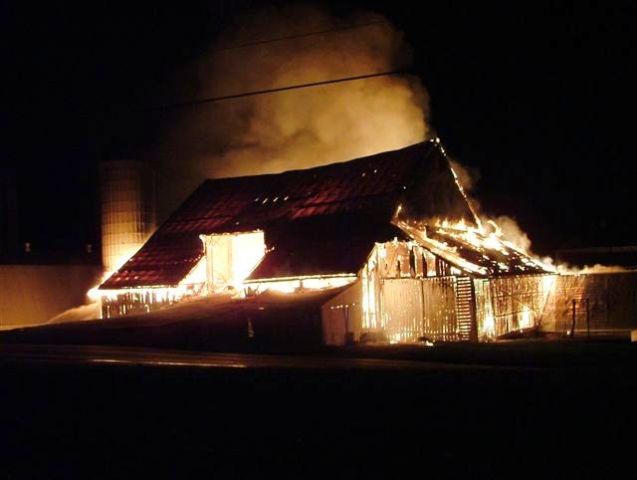
Our sangha took over a pair of campsites at one of our state parks this weekend, and my girlfriend, her children, and I made it down for the day today. What a great time! I'd recommend it for any sangha interested in enjoying life together outside the zendo.
We did meditation around campfire pit. Our teacher gave a dharma talk on a piece of a Dogen fascicle. A large group of us did a walking meditation along one of the park trails. The children and some of the adults played games in a field. We all ate lunch together, and then some of us hiked down to the river to take a dip, and have fun in the sand.
There was nothing extraordinary about any of this. Nor really ordinary. Birds squawking in the trees; mosquitoes biting, being murdered one by one. Even though the trillium blossoms had faded, and the wild strawberries hadn't ripened yet, everything was just as it should be. Even the rain that drove most of us out around 3 o'clock, that too, felt just right.
Here is a snippet of the snippet of Dogen (from Bendowa) we studied this morning:
At this time, because earth, grasses and trees, fences and walls, tiles and pebbles, all things in the dharma realm in ten directions, carry out buddha work, therefore everyone receives the benefit of wind and water movement caused by this functioning, and all are imperceptibly helped by the wondrous and incomprehensible influence of buddha to actualize the enlightenment at hand.
Some minutes of our meditation period, I was visited by flies, mosquitoes, and a few ants. There was squirming, thoughts of "how can I get rid of them?," and movement from my legs. A few hours later, the hiking group took a wrong turn and ended up on a narrow path, almost tropical looking with it's huge ferns, bent over trees, and mushy river bank soil. It was already humid, and the insects were out in full force. And yet, somehow, it was simply joyous to go on, not knowing for sure if we were on the right path or if we would get there. Bodies of water frequently do this for me, through me, through the water, each breath buoyed by the continuous movement.
This continuous movement is so easy to forget, to miss, even to deny, in the middle of our busying that we do. How strange it is to think that doing too much, being too busy, actually blurs out the continuous movement of the world. But it does, don't you think? We get fixated on gross actions and miss the subtle. Get fixated on tomorrow's work, and miss the slow wearing away of stones. Get fixated on the poke of a mosquito, and miss the coming rain.
And yet "all things in the dharma realm in ten directions, carry out buddha work," even our fixations, if we'd only let them do so. Everything is your sangha. That's one of the blessings of spending time in sangha - that you can begin to see the truth of this for yourself.





















